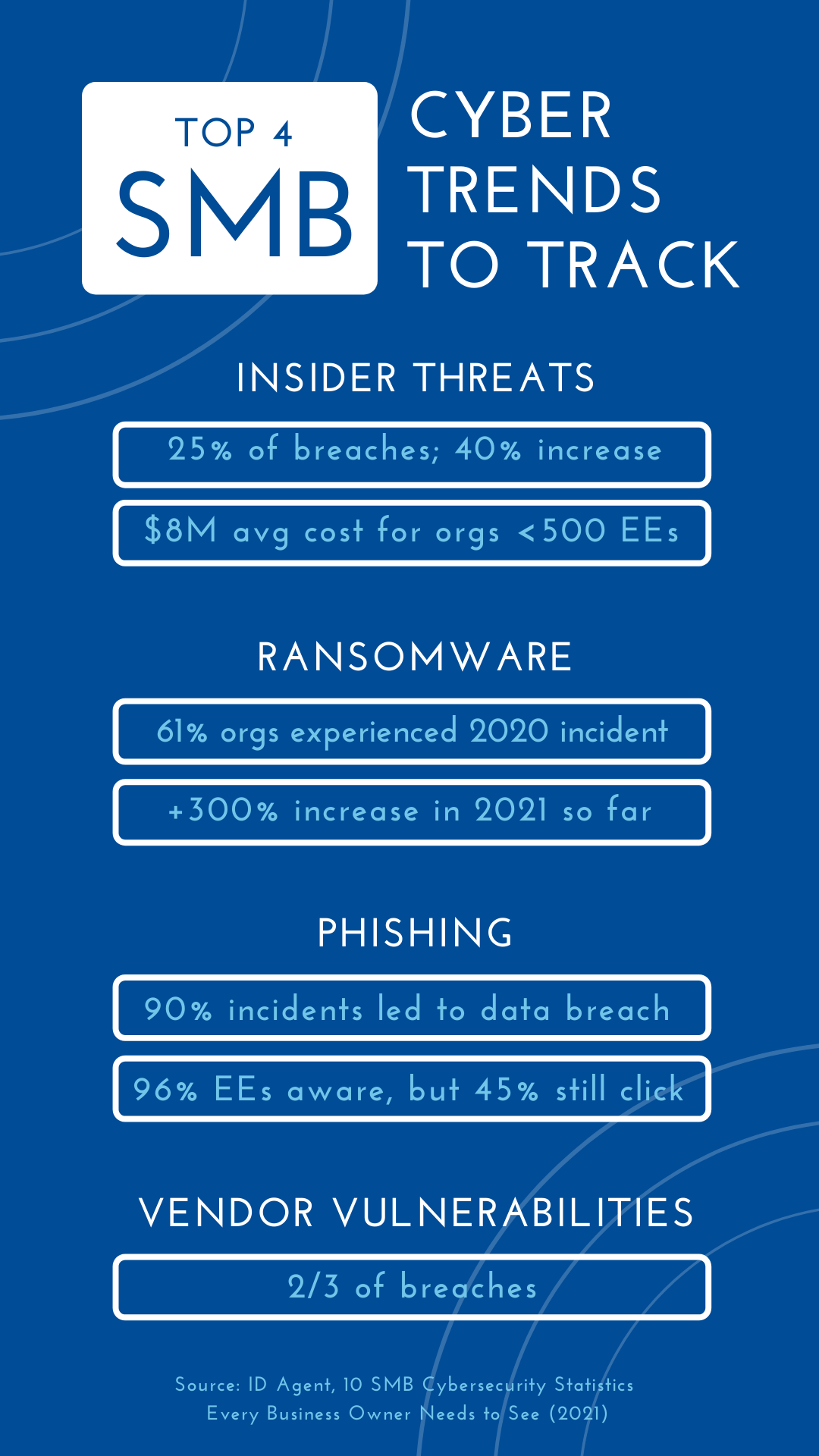Tired of reading documentation in long-paragraph format? We are too. That's why we put together easy-to-scan bullets and a printable infographic for the CDC's Interim Public Health Recommendations for Fully Vaccinated People.
Why the change?
While it's safe to resume most pre-pandemic activities, even without a mask, the CDC believes:
- COVID-10 infections can still occur in a small proportion of fully vaccinated
- Fully vaccinated people infected with the Delta variant can spread it
Self-Quarantining
- DO if you have tested positive in prior 10-days
- DO if you are experiencing COVID-19 symptoms
- DON'T after travel
Testing
- DO if experiencing COVID-19 symptoms
- DO at 3-5 days after exposure to suspected/confirmed COVID-19
- DON'T before/after domestic travel
- DON'T before international travel unless required by the destination
- DON'T as part of routine screening, if feasible
Masks
- DO wear it indoors in public in areas of substantial/high transmission
- CONSIDER it in public indoors, regardless of transmission rate and especially if household members are:
- Immunocompromised
- At increased risk of severe disease
- Unvaccinated
Other Laws
- DO follow any applicable federal, state, local, tribal, or territorial laws, rules, and regulations.
Special Notes for Immunocompromised
- Seek medical counseling on the potential for reduced immune responses to COVID-19 vaccines
- Follow previous COVID-19 prevention measures (mask, 6-foot distancing, avoid crowds and poorly ventilated indoor spaces)
For more information, visit these CDC resources:
/Prime-Care-Technologies-Logo.png?width=191&height=55&name=Prime-Care-Technologies-Logo.png)





